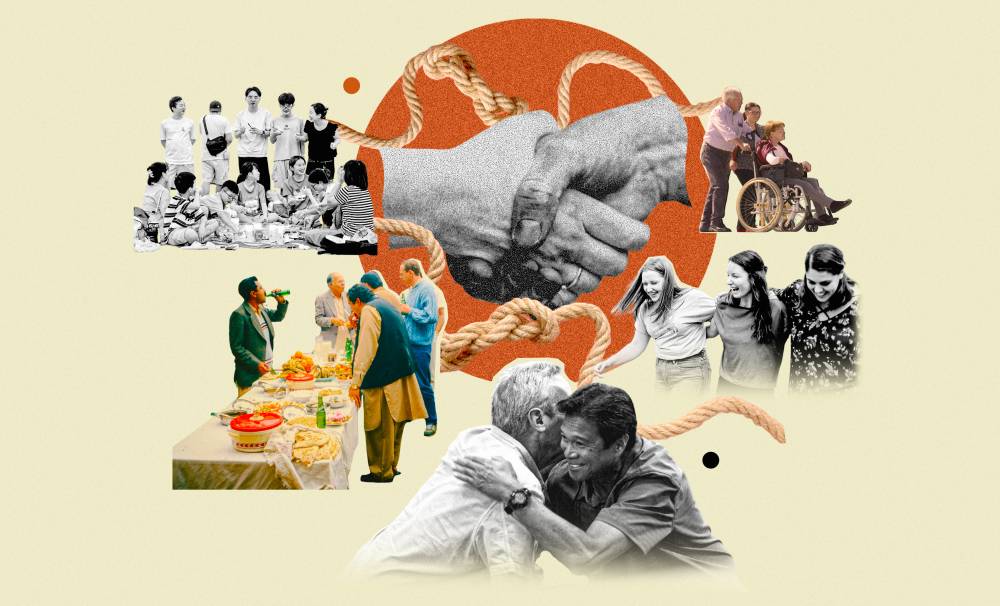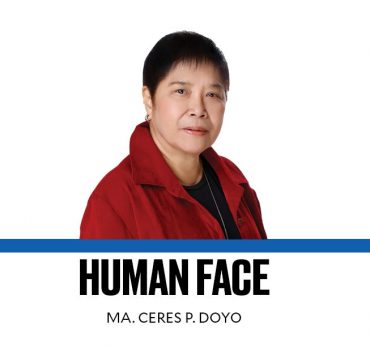What it really means to be ‘kapwa’

The Filipino concept of “kapwa” refers to a sense of shared identity. Whether or not I know your name, we are humans together: kapwa-tao. We evoke the term itself in everyday life to imply a moral responsibility we have for fellow human beings. When we see someone getting hurt online, we might comment something like, “Ganiyan ba ang tamang pag-trato sa kapwa?”
What is “kapwa”
Some people believe that kapwa comes from the root “puwang,” meaning space, so that kapwa means “one who shares in the space.” (For context, another accepted spelling for kapwa is kapuwa.)
In the 1970s, US-trained Filipino psychologist Virgilio Enriquez pointed out that the value of kapwa is at the core of our cultural and social psychology. Everything we do can be connected to kapwa. Hiya is not just shame—when connected to kapwa, it becomes social sensitivity and good manners. Utang na loob is not just a transactional debt of gratitude—when connected to kapwa, it reminds us of what we “owe” (utang) to each other… as human beings.
This basic idea is a “feel-good” one, to the point that many people have started to treat it like some kind of exotic, mystical worldview that is somehow unique to Filipinos. But if we are not careful, we might ignore some very real human differences.
These are what can happen:
- Authoritarians—at workplaces, in the political arena, etc.—continue to exploit those under them, weaponizing the idea of “family” or “community” to enforce conformity
- Greedy businesspeople can take ancestral domains from marginalized communities. They can continue to bulldoze nature because they believe that this land is “ours” to use
- We impose our own standards on other people and other cultures, and in doing so, we lose a sense of worldliness. This may lead to ethnocentrism (“My culture is the best!”), xenophobia (“Your culture is weird.”), or, to the extreme, jingoism (“Based on my culture, which is the best, I can say that your culture is weird, and so it has to be destroyed!”)
Not just a Filipino experience
When we say that kapwa is “only Filipino,” we think of it as some kind of fantasy, implying that Filipinos are somehow a unique and special species. Yes, “kapwa” is just a word, but it is a word that connects with a deeply human experience. It just so happens that that is the word we’ve chosen for it.
Other cultures have their own terms for the same thing. For example, in the African Bantu languages, there is the word “ubuntu,” which is said to mean, “I am because we are.” The Koreans also have the concept of “woori,” which can mean “we” or “us,” though in their culture, it has a deeper meaning that implies a collective sense of self.
Finally, kapwa is not just a Tagalog experience. Even if there are no exact translations of the word “kapwa” in other regional languages, non-Tagalogs still know how to treat each other “as kapwa.” We are all humans, after all.
Anyway, Filipino culture today is incredibly hybridized—one is not just Tagalog or just Ilokano or just Ilonggo. Cultural identity moves across and beyond these islands. Filipinos in Davao are kapwa, just as those in Cebu, Bicol, and Metro Manila are kapwa. Millions of overseas Filipinos feel and celebrate kapwa with their communities there, and their families back home. Non-Filipinos can also be kapwa, especially when they participate in the way we love and care for each other. It is the meaning of the word that is important.
As the philosopher Alan Watts said, we should not confuse the menu for the meal, or the word for its meaning. And kapwa is a dish made for sharing.
It is through our differences that we thrive as human beings. It is through diversity that biological and cultural life on this planet can continue to flourish. We deepen our pakikipagkapwa when we can acknowledge the humanity of those totally different from who we are as individuals.

















